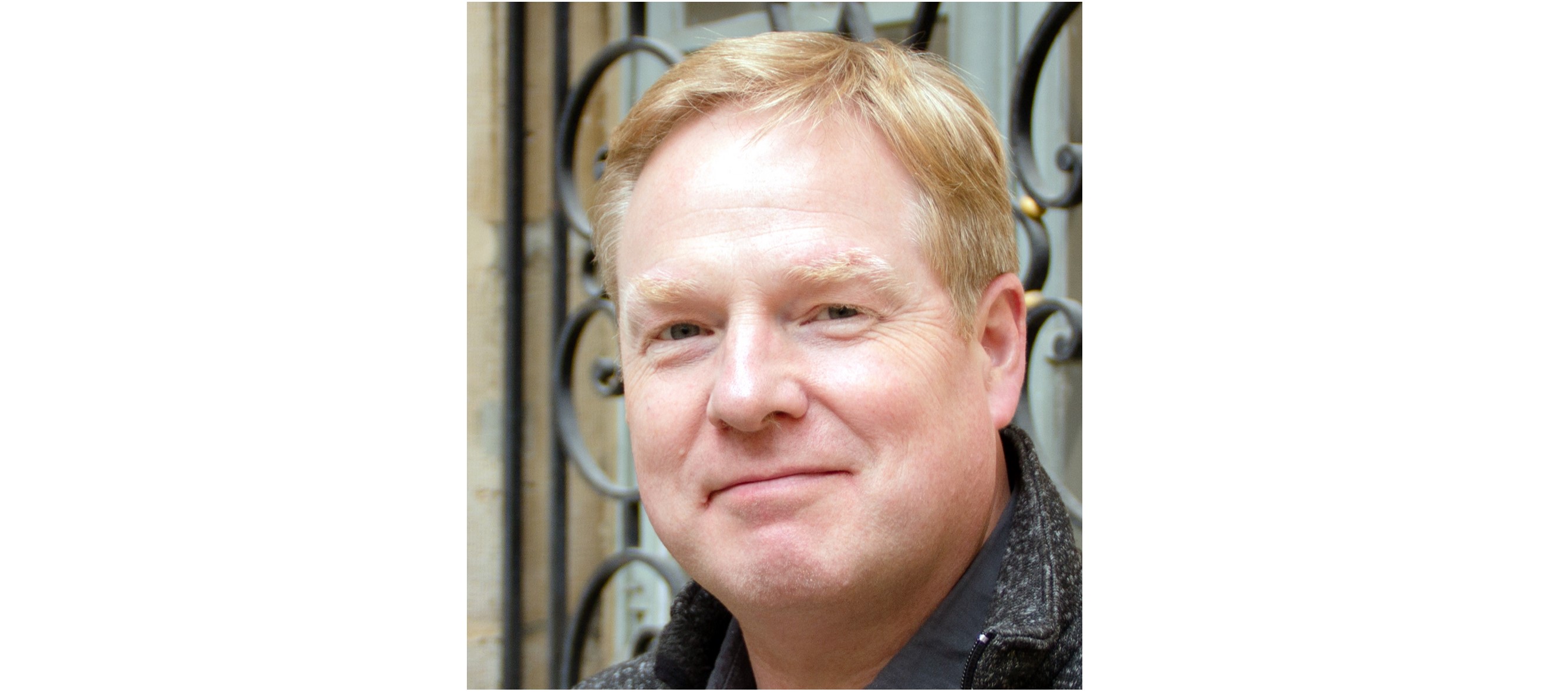Making Ethical Surveillance Work in the Care for Elderly with Dementia

Professor Anders Albrechstlund, Director of the Center for Surveillance Studies (CENSUS), Aarhus University will deliver the tenth CRISP online seminar. The seminar is entitled 'Making ethical surveillance work in the care for elderly with dementia'. This online seminar takes place online at 12.30pm GMT on Wednesday 12th March 2025.
Abstract:
A significant challenge in dementia care is preventing elderly individuals from wandering off and getting lost, situations which can have fatal consequences. Danish municipalities address this issue through various surveillance technologies, including GPS trackers, motion sensors, and door alarms. However, these solutions present difficulties beyond legal and technical challenges, such as maintaining a secure and dignified life for those with dementia. How can safety and security be ensured while protecting privacy? What impact do these technologies have on residents, staff, and their collaboration with relatives? In the SIGNS OF LIFE project, we addressed these questions by investigating and evaluating the use of surveillance technologies in care centers through comprehensive empirical work and stakeholder involvement. This research enabled us to develop an ethical framework for the safe use of technologies like GPS, motion sensors, and door alarms in dementia care.
Bio:
Anders Albrechtslund is a Professor of Information Studies and the Director of the Center for Surveillance Studies (CENSUS) at Aarhus University. He currently leads the Semper Ardens: Accomplish project, “Human Agency and Data-Intensive Surveillance” funded by the Carlsberg Foundation (2024-2029), and the HUMpraxis project, “SIGNS OF LIFE,” funded by the Velux Foundation (2019-2025). His research primarily focuses on the role and impact of surveillance in society and social settings, with a particular emphasis on digital technologies. His work explores surveillance in everyday social practices, children's lives, and healthcare.
The link below will be live approximately 15 minutes before the start of the seminar.
JOIN THE SEMINAR


